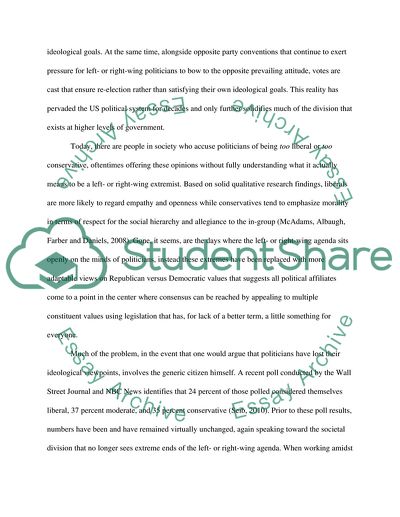Cite this document
(Ideological Statements of Political Parties Essay, n.d.)
Ideological Statements of Political Parties Essay. Retrieved from https://studentshare.org/politics/1735550-are-political-parties-becoming-less-ideological
Ideological Statements of Political Parties Essay. Retrieved from https://studentshare.org/politics/1735550-are-political-parties-becoming-less-ideological
(Ideological Statements of Political Parties Essay)
Ideological Statements of Political Parties Essay. https://studentshare.org/politics/1735550-are-political-parties-becoming-less-ideological.
Ideological Statements of Political Parties Essay. https://studentshare.org/politics/1735550-are-political-parties-becoming-less-ideological.
“Ideological Statements of Political Parties Essay”, n.d. https://studentshare.org/politics/1735550-are-political-parties-becoming-less-ideological.


